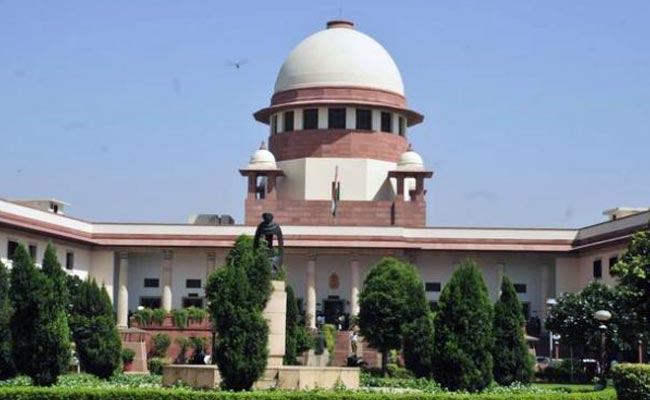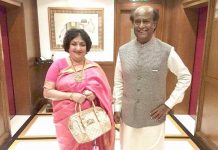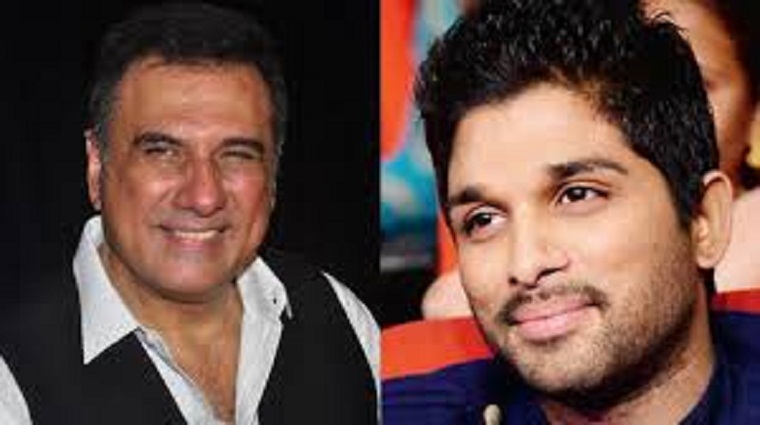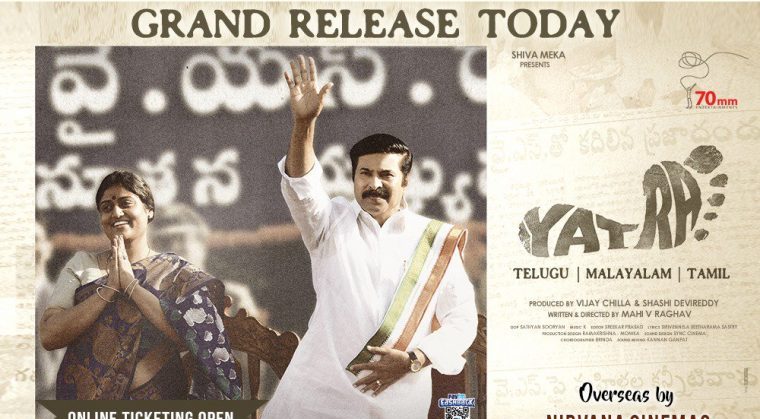
The Supreme Court on Monday refused an urgent hearing of a plea challenging the constitutional validity of the practice of polygamy and nikah halala (a requirement for a divorced couple to remarry) among the Muslim community.
A bench of Chief Justice Dipak Misra, Justice A.M. Khanwilkar and Justice D.Y. Chandrachud said the matter would come up for hearing in due course after the Central government files its response.
“The Supreme Court Constitution bench will hear the matter in due course,” the bench told petitioner Sameena Begum who urged that the plea be heard on Tuesday, saying she was facing threats to withdraw the plea.
The Central government sought more time to file its response on the pleas which the bench allowed.
Earlier, while issuing notice to the Central government, the court noted the grounds stating that though these practices come within the domain of Muslim personal law, they were not immune from judicial review under the Constitution.
The court has been moved by Sameena Begum, Nafisa Khan, Moullium Mohsin and BJP leader and advocate Ashwini Kumar Upadhyay challenging the practice of polygamy, nikah halala, nikah mutah (temporary marriage in the Shias) and nikah misyar (short-term marriage among Sunnis) on the grounds of these being violative of the Constitution’s Articles 14, 15 and 21.
Article 14 guarantees equality before law, Article 15 prohibits discrimination on the grounds of religion, race, caste, sex or place of birth and Article 21 guarantees protection of life and personal liberty.
Telling the court that though different religious communities are governed by different personal laws, Upadhyay had contended that “personal laws must meet the test of constitutional validity and constitutional morality in as much as they cannot be violative of Articles 14, 15,21 of the Constitution”.
Pointing to the “appalling” affect of polygamy and nikah halala and other practices on the Muslim women, senior counsel Mohan Parasaran had told the court that the 2017 judgment holding instant triple talaq as unconstitutional had left these two issues open and did not address them.
A five-judge constitution bench, headed by Chief Justice J.S. Khehar (since retired), by a majority judgment in 2017 had said: “Keeping in view the factual aspect in the present case, as also the complicated questions that arise for consideration in this case (and, in the other connected cases), at the very outset, it was decided to limit the instant consideration, to ‘talaq-e-biddat’ – triple talaq.
“Other questions raised in the connected writ petitions, such as polygamy and nikah halala (and other allied matters), would be dealt with separately. The determination of the present controversy may, however, coincidentally render an answer even to the connected issues.”
A Muslim husband is allowed to have more than one wife.
Under nikah halala, if a Muslim woman after being divorced by her husband three times at different instances wants to go back to him, she has to marry another person and then divorce the second husband to get re-married to her first husband.
-IANS

















